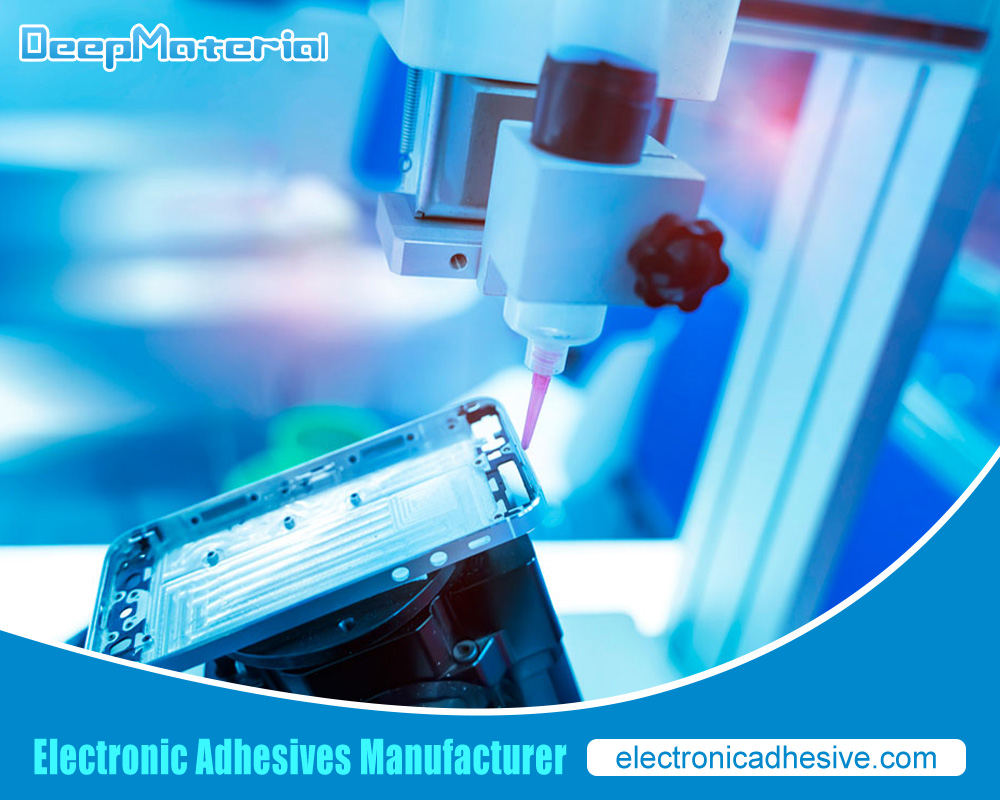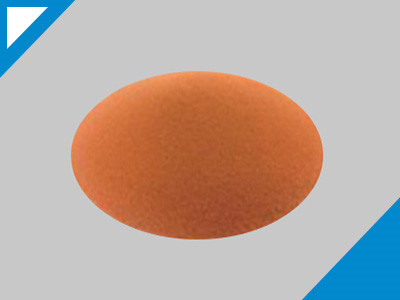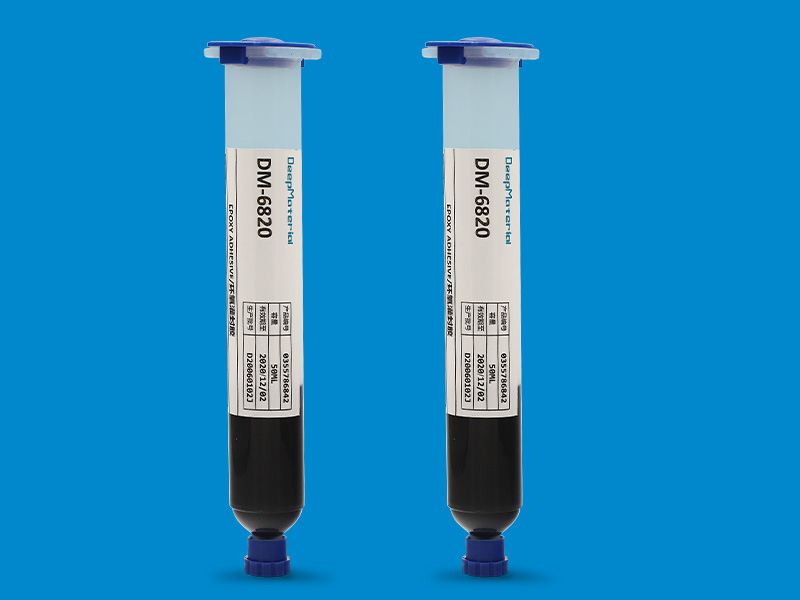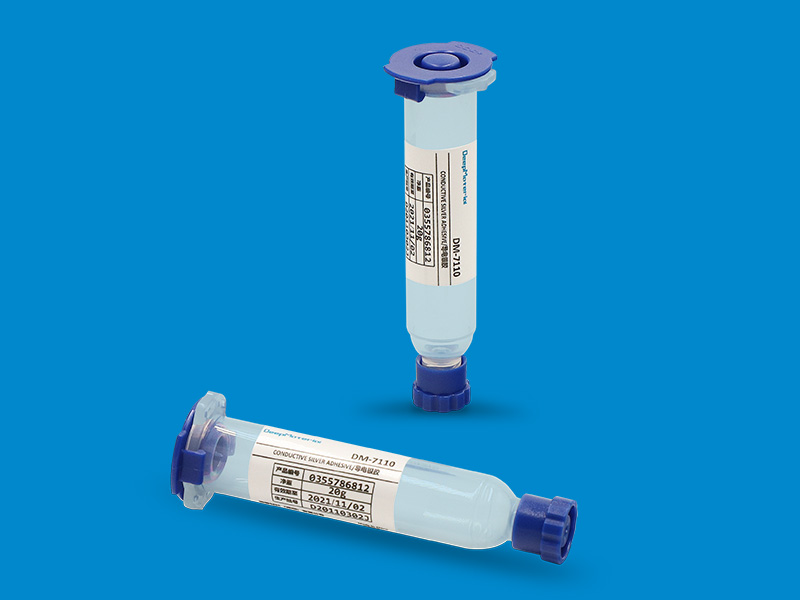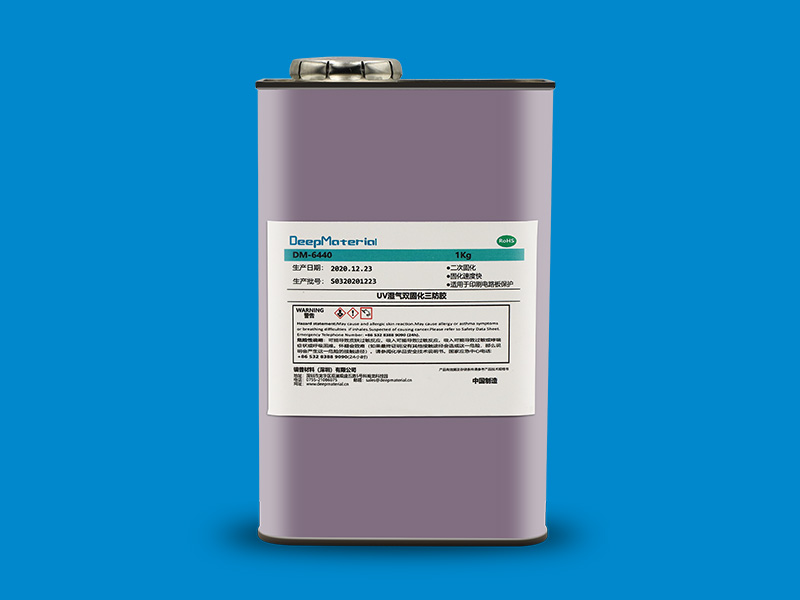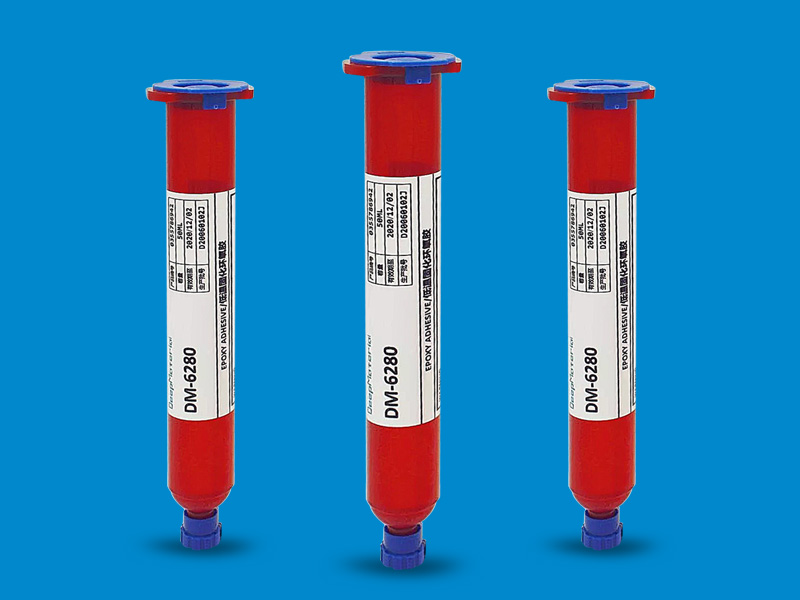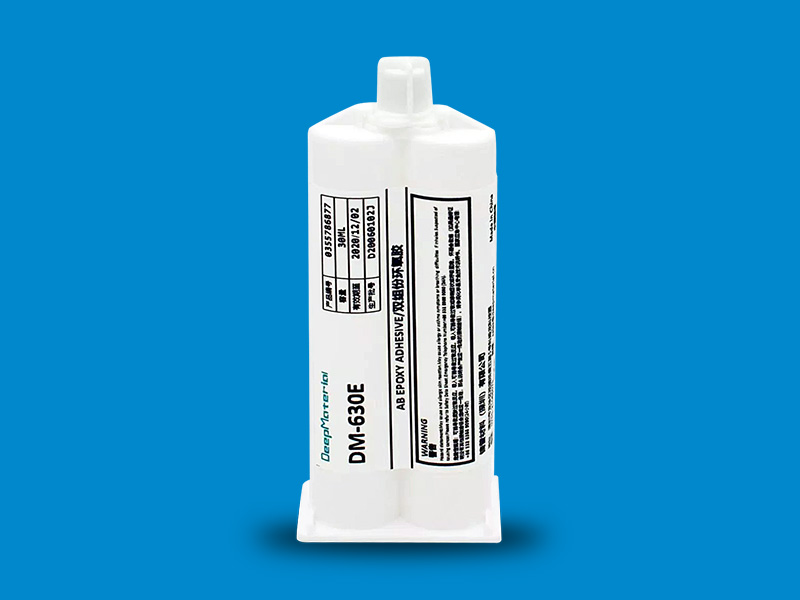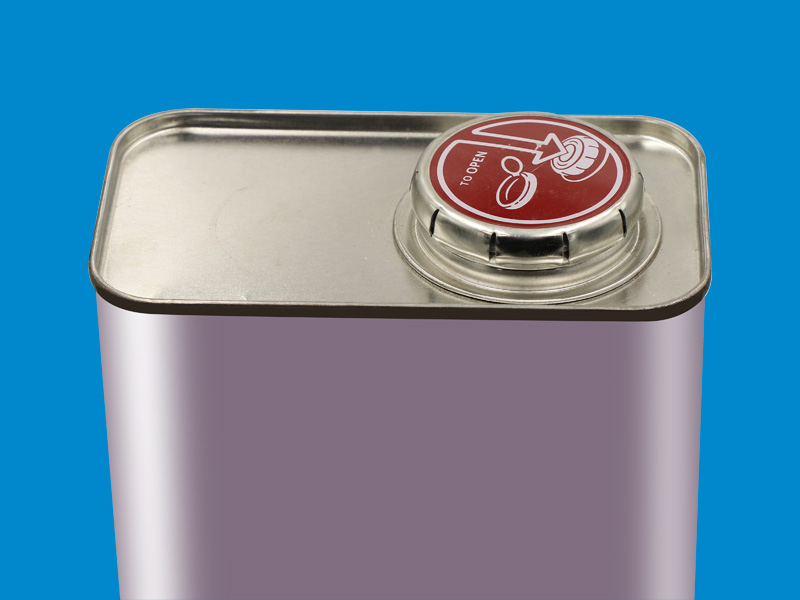Industrial application of hot glue for electronics
Industrial application of hot glue for electronics
Hot glue is also known as hot melt adhesives. These are special adhesives that have been formulated for use in various industrial applications. They come as solid formulations that are made from thermoplastic polymers (do not use solvents or water). Hot melt adhesives are supplied as solid products at normal temperatures. They are activated by applying heat which melts the adhesive beyond its softening point. The hot glue has a melting temperature that ranges from 50 to 160 degrees.

An overview of hot glue
Hot glue for electronics is central to bonding two or more materials. This is an important industrial adhesive that comes as a remarkable material in the electronics industry. Many assembly facilities frequently use hot glue for electronics for various purposes. Hot glue can be used in the market for various purposes. Since this type of glue does not conduct electricity, it is not used as a conductor. It is used rather as an insulator. One important benefit of the hot glue adhesive is that it is highly versatile. It can be used to assemble electronics, bonding of corrugated paper boards, textiles, and wood.
Application of hot glue in industrial environments
The hot glue adhesive is usually supplied in a solid state under normal temperature. If they are to be used, they will usually be melted and kept in the hot melt tank. When fully molten, this adhesive can then be poured onto the material or the substrate. The molten or liquid glues react with the surface of the substrate and penetrate it. The hot glue then dries and solidifies on the substrate – this way, it easily forms a cohesion with the materials. The cooling/setting process of this glue usually takes some time but not long.
How is the hot glue used?
Hot glue for electronics is used in various electronic products. This special glue can be found in various places in the electronics industry. From labelling, product assembly, PCB boards, and so on. For the hot glue to work according to specifications, it needs an excellent blend of its different formulations. However, an average hot glue has its main elements:
- Polymers:Responsible for flexibility and strength
- Resins:Provides adhesion and wetting properties
- Waxes:Controls setting speed/open time and viscosity
Hot glue as a non-conductive adhesive
Hot glue adhesive is an important nonconductive adhesive that is obtained from plasticizers, antioxidants, waxes, tackifier resins, and thermoplastic polymers. Hot glues are used on materials like thermoplastics that are known to be poor electrical conductors. This means that they are used in applications where they are not expected to conduct any electricity. Hot glue for electronics can be used industrially in various applications as a way to bond materials. This is a glue that is made up of a plastic resin which would normally melt at temperatures of between 250 and 380 degrees Fahrenheit. The glue can be used as an electrical insulator, which means that it will not create short circuits or stray conducting paths. While hot glue can be used in a wide range of industrial applications, it should not be used on heat-emitting power devices or electronic components that are vulnerable to heat.
Applying hot glue on electronic components
Since hot glue for electronics is used in several applications to produce remarkable results, certain materials do not use this type of adhesive. You can use hot glue when handling rugged components like ceramic capacitors, resistors, and coils. It is not recommended to use this type of adhesive on electrolytic capacitors because it can easily damage and melt them. Therefore, this type of glue should not be applied to such electronic parts. The hot glue can be applied on metal mounting parts like brackets and screws. However, it should not be used on plastics as it can easily melt or deform them. The hot glue can be used easily on circuit boards (nonconducting parts) as it is safe with the material.
Hot glue and power components
You may not apply hot glue to power components such as diodes, integrated circuits, and transistors. These electronic components have metal bodies that emit heat when they are in full operation. While the hot glue may not directly harm these components, it isn’t right to apply the glue on these parts. If the transistor gets hot, this may melt it and soften the glue that you have applied to it. This way, the glue can easily become weakened and may break. Additionally, the hot glue acts as a thermal insulator. If the transistor is covered in glue, it finds it difficult to transmit heat away. This could lead to overheating and can cause failure.
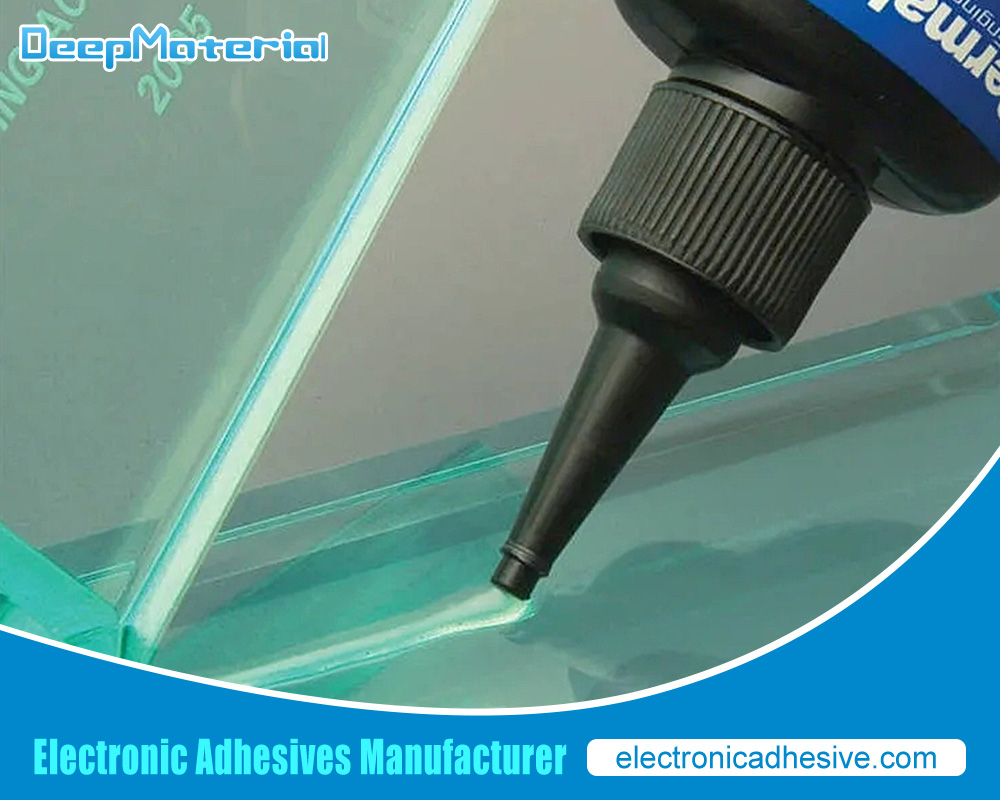
Important benefits of using the hot glue
Hot glue for electronics can be applied in various conditions to create important results. Some of the benefits of this remarkable glue include:
- Long curing time:Hot glues have such a long curing time in such a way that they can be modified to suit a wide range of applications.
- Thermally stable:Thermal stability is a very important function of hot glue adhesives. The adhesive is stable under various applications of industrial adhesives.
- Great performance in high temperatures:Hot melt adhesives have very high melting points and can easily survive very high temperatures.
- Easily processed:The hot glue can be easily formulated in a wide range of available product viscosities.
- Great compatibility:Hot glue is known to be a very versatile adhesive as it is easily compatible with polyethene and polypropylene. Additionally, the glue is easily compatible with tackifying resins.
- Adhesion:Hot glue is a versatile adhesive that works properly with substrates with low bonding energy.
- Easily dispensed:Unlike many industrial adhesives, hot glues can be dispensed easily by using elaborate adhesive dispensers. Since the dispensing system can be operated easily, this helps to create better glue consistency with an excellent coat weight
- Eco-friendly:Hot glues can be used in various applications because they are eco-friendly and non-hazardous. When it comes to their application, hot glues do not have fumes or smells.
For more about choosing the hot glue for electronics, you can pay a visit to DeepMaterial at https://www.electronicadhesive.com/about/ for more info.

